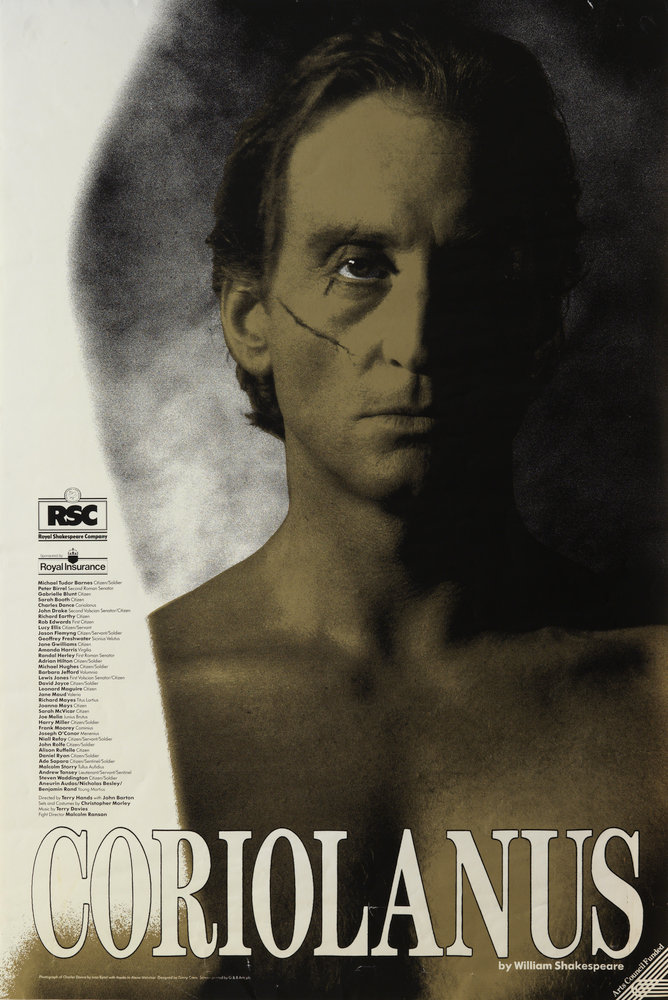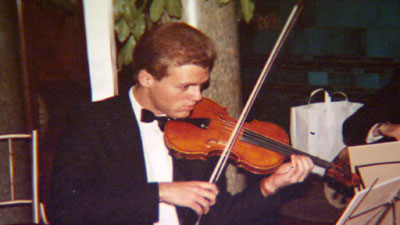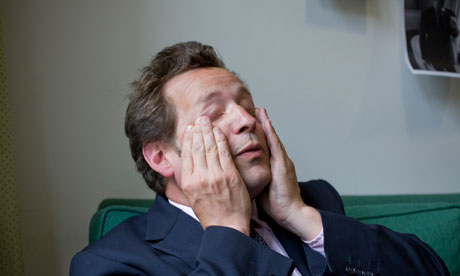Published by ConservativeHome
Is there a sporting equivalent for the philosophic or aesthetic philistine? If so, please excuse my socio-lexical ignorance: I must be one. I sat patiently through last night’s BBC News while the Gracious Speech played inglorious left-wing to the centre-mid resignation of Sir Alex Ferguson. I bit my lip as his departure from the field shunted the Coalition’s programme for government from the headlines of the national press, and Twitter tribalists obsessed all day about his legendary record of achievement.
Incredibly, there were even some comparing the moment to the death of The Lady, which is really quite appalling when you think about it. Did the late, great Alex Ferguson really do for football what the late and very much greater Margaret Thatcher did for Great Britain? Did he halt terminal decline, revive a national spirit, liberate half a continent or inspire a generation? Continue reading





